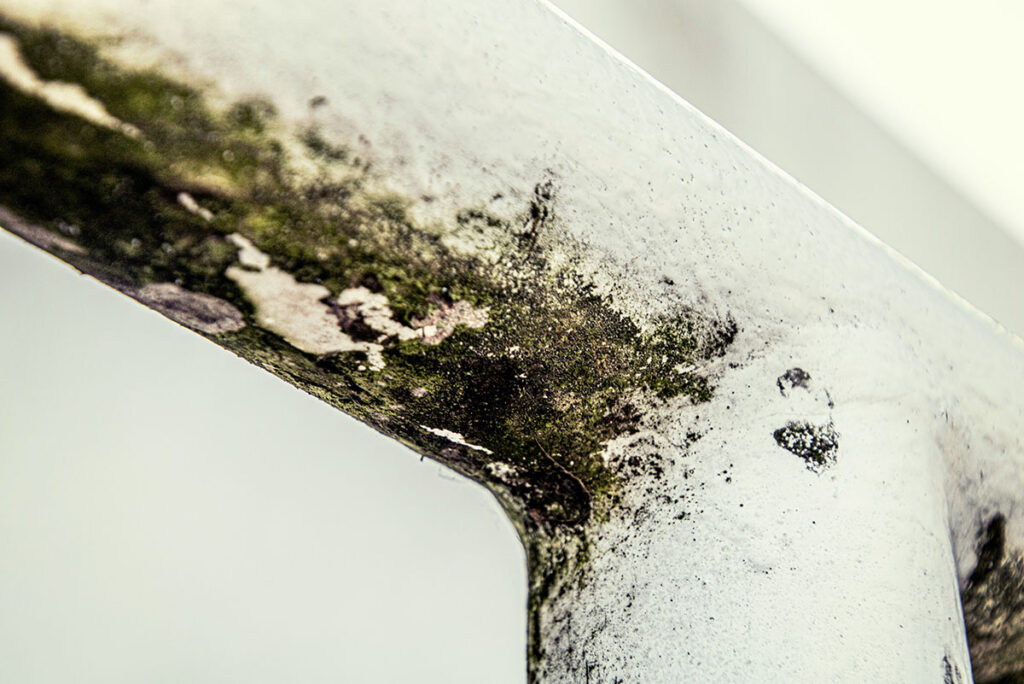EN 13098 Workplace Air Microbiological Testing
The European Standard EN 13098 provides a method for determining microbial contamination in workplace air. This service is critical for ensuring that the air quality in offices, factories, and other workspaces meets safety standards and does not pose health risks to employees. Compliance with this standard is essential for maintaining a healthy indoor environment, which can significantly impact productivity and employee well-being.
The testing procedure involves collecting samples of ambient air using specialized sampling devices designed to capture airborne microorganisms. The collected specimens are then analyzed in our laboratory according to the strict protocols outlined in EN 13098. This includes identification, quantification, and characterization of any detected microorganisms. Our team uses state-of-the-art equipment and methods to ensure accurate results.
The importance of this testing cannot be overstated, especially given the increasing awareness about indoor air quality and its effects on health. By adhering to EN 13098 standards, organizations can protect their workforce from potential respiratory issues caused by airborne pathogens or allergens. This service is particularly relevant for sectors such as healthcare, manufacturing, education, and hospitality where maintaining a clean environment is paramount.
Our laboratory follows the latest scientific research and international guidelines to provide reliable testing results. We ensure that all samples are handled with care and analyzed meticulously to meet the highest quality standards. Our team of experts provides detailed reports that include recommendations for improving air quality if necessary, helping businesses comply not just with legal requirements but also with best practices in occupational health.
The process begins by selecting appropriate sampling sites based on factors like occupancy levels, ventilation rates, and suspected sources of contamination. Once the site is chosen, we deploy our equipment to collect samples over a specified period, typically 24 hours or longer depending on the specific requirements of EN 13098.
After collection, the samples are transported back to our laboratory where they undergo rigorous analysis. This involves both qualitative and quantitative assessments using various techniques such as culture-based methods and molecular detection approaches. The results provide a comprehensive picture of the microbial content present in the sampled air, allowing for targeted interventions if any issues are identified.
By offering EN 13098 Workplace Air Microbiological Testing services, we aim to support organizations in safeguarding their employees' health and safety while ensuring regulatory compliance. This service not only helps maintain a safe working environment but also contributes positively towards corporate social responsibility initiatives aimed at promoting healthier lifestyles among staff members.
The benefits of adhering to EN 13098 extend beyond mere compliance; they offer tangible advantages that contribute significantly to organizational success. Firstly, it enhances reputation by demonstrating commitment to employee welfare and sustainable practices. Secondly, it reduces risk exposure through early detection of potential hazards. Lastly, it supports ongoing improvement efforts by providing actionable insights into air quality performance.
- Reduces the likelihood of outbreaks within indoor spaces
- Promotes healthier working environments for employees
- Supports regulatory compliance and reduces legal risks
- Encourages proactive measures against airborne contaminants
Benefits of EN 13098 Workplace Air Microbiological Testing
Implementing this testing service offers numerous advantages, both for individual organizations and society at large. One key benefit is the prevention of health risks associated with poor indoor air quality. By identifying and addressing microbial contaminants early on, employers can significantly reduce instances of respiratory illnesses among their staff.
In addition to protecting employee health, this testing also contributes positively towards maintaining a productive workforce. A clean and safe working environment fosters better concentration levels and overall job satisfaction, leading to increased productivity and reduced absenteeism rates. From an operational perspective, regular monitoring ensures continuous improvement in air quality management practices.
- Enhances employee health and safety
- Promotes a productive workforce
- Maintains regulatory compliance
- Supports sustainable business practices
Industry Applications of EN 13098 Workplace Air Microbiological Testing
This testing service finds extensive application across diverse industries where maintaining high standards of hygiene and cleanliness is crucial. In healthcare facilities, for instance, ensuring air quality meets strict criteria helps prevent the spread of infections among patients and staff alike.
Manufacturing plants also benefit greatly from this service as it allows them to monitor potential sources of contamination that could affect product quality or worker safety. Educational institutions can use these tests to ensure classrooms are free from harmful microorganisms, promoting better learning environments for students.
- Healthcare
- Manufacturing
- Educational Institutions
- Hospitality
- Office Spaces
Why Choose This Test?
Selecting EN 13098 Workplace Air Microbiological Testing for your organization presents several compelling reasons. Primarily, it ensures that you are adhering to internationally recognized standards, which lends credibility and reassurance both internally among employees and externally with clients or regulatory bodies.
Our laboratory's expertise in conducting these tests guarantees accurate results that are reliable and reproducible. This consistency is vital when making decisions about necessary actions based on test outcomes. Additionally, our commitment to cutting-edge technology ensures that we stay ahead of emerging trends and challenges within the field of air quality management.
Moreover, choosing this service means investing in long-term sustainability by fostering healthier workspaces that contribute positively towards employee well-being. It demonstrates a proactive approach towards addressing potential risks before they escalate into larger problems.





